Increase the number of accredited higher education institutions
According to statistics from the Ministry of Education and Training, as of July 31, 2024, according to domestic standards, 268 training institutions have completed the first cycle self-assessment report. Of these, 242 are universities and 22 are colleges of education. 116 universities have completed the second cycle self-assessment. 193 universities and 11 colleges of education have been recognized by domestic education quality assessment organizations as meeting the first cycle education quality standards.
It is noted that up to now, our country has a total of 7 educational quality assessment centers. Of which, there are 5 public educational quality assessment centers and 2 private educational quality assessment centers. In addition, currently in our country, there are 10 foreign educational quality assessment organizations recognized by the Ministry of Education and Training to operate in Vietnam.
Recognizing the importance of implementing quality accreditation, on January 14, 2022, the Prime Minister issued Decision No. 78 on Approving the Program "Developing a system to ensure and assess educational quality for university and college education in the period 2022 - 2030". The program sets the goal of Decision No. 78 of the Prime Minister on Approving the Program "Developing a system to ensure and assess educational quality for university and college education in the period 2022 - 2030" setting the goal that by 2025, 35% of training programs will meet quality standards according to the first accreditation cycle; of which at least 10% of training programs will meet foreign standards.
Implementation roadmap, transparent, substantive
In fact, in Vietnam, the quality assessment of higher education has been officially implemented since 2004 with the Temporary Regulation on University Quality Assessment issued by the Ministry of Education and Training under Decision No. 38 dated December 2, 2004. And later officially legalized in the Education Law 2005. After 20 years, the legal framework on quality assurance and assessment continues to be improved. Most recently, the Ministry of Education and Training is soliciting opinions on the draft Circular on assessment of university and college training programs and replacing related Circulars.
Unlike Circular 04 currently in use, the draft revised Circular has integrated professional guidance and forms into the attached appendices. The set of standards in the draft includes 8 standards and 52 criteria, along with an Appendix on criteria assessment guidelines and an Appendix on forms. Compared to Circular 04, the revised draft has reduced the number of standards from 11 to 8, overcoming the overlap when assessing according to the standards of Circular 04.
The draft revised Circular changes the way of evaluating criteria, standards and training programs in accordance with international practices on quality accreditation. Instead of the current 7 evaluation levels, the revised draft now has 2 levels (pass/fail).
Previously, the Ministry of Education and Training issued Circular 13/2023 regulating the supervision and assessment of quality assessment organizations of universities and colleges of education. According to experts, the issuance of Circular 13 has overcome one of the shortcomings in the development of the system of quality assurance and assessment of Vietnamese universities, which is the lack of supervision and assessment of education quality assessment centers.
With this new draft Circular, Dr. Le Viet Khuyen - former Deputy Director of the Department of Higher Education (Ministry of Education and Training) said that the adjustments will contribute to ensuring the quality assessment process is consistent with international standards, meeting the needs of learners.
In addition to expanding the authority of the accreditation organization in developing external assessment tools, the draft also sets out quantitative requirements associated with “evidence” to limit the need for coping in the process of creating evidence to provide to the external assessment team. This will help the assessment become more substantial and transparent.
Source: https://daidoanket.vn/kiem-dinh-chat-luong-huong-toi-ket-qua-ben-vung-10288674.html


![[Photo] Summary of training for 36 parade blocks for the April 30th Festival](https://vstatic.vietnam.vn/vietnam/resource/IMAGE/2025/4/16/69906ce4b0d1470eb18b8e9bdcdabff1)
![[Photo] Book Festival: Promoting children's reading culture](https://vstatic.vietnam.vn/vietnam/resource/IMAGE/2025/4/16/52ddcb6c4c1f4f1d992e4e13f2e5ca62)

![[Photo] Prime Minister Pham Minh Chinh receives South Korean Foreign Minister Cho Tae-yul](https://vstatic.vietnam.vn/vietnam/resource/IMAGE/2025/4/16/c8a7bf8f15f347d78b4ec317d8979aba)
![[Photo] President Luong Cuong receives Korean Foreign Minister Cho Tae-yul](https://vstatic.vietnam.vn/vietnam/resource/IMAGE/2025/4/16/d68c85559fca4772a8e3ca8ab1942a6f)
![[Photo] Prime Minister Pham Minh Chinh holds talks with Lao Prime Minister Sonexay Siphandone](https://vstatic.vietnam.vn/vietnam/resource/IMAGE/2025/4/16/e4d2c8ba48a64bc99cc9144629383366)
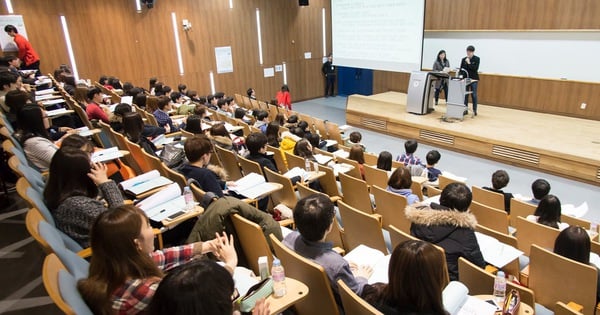

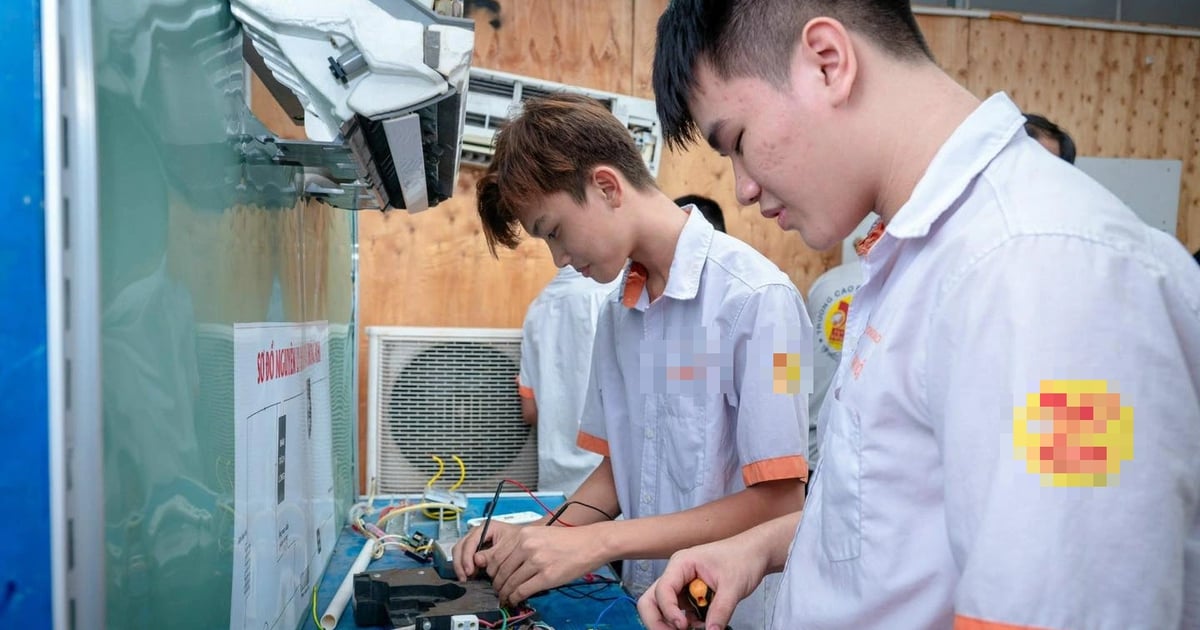

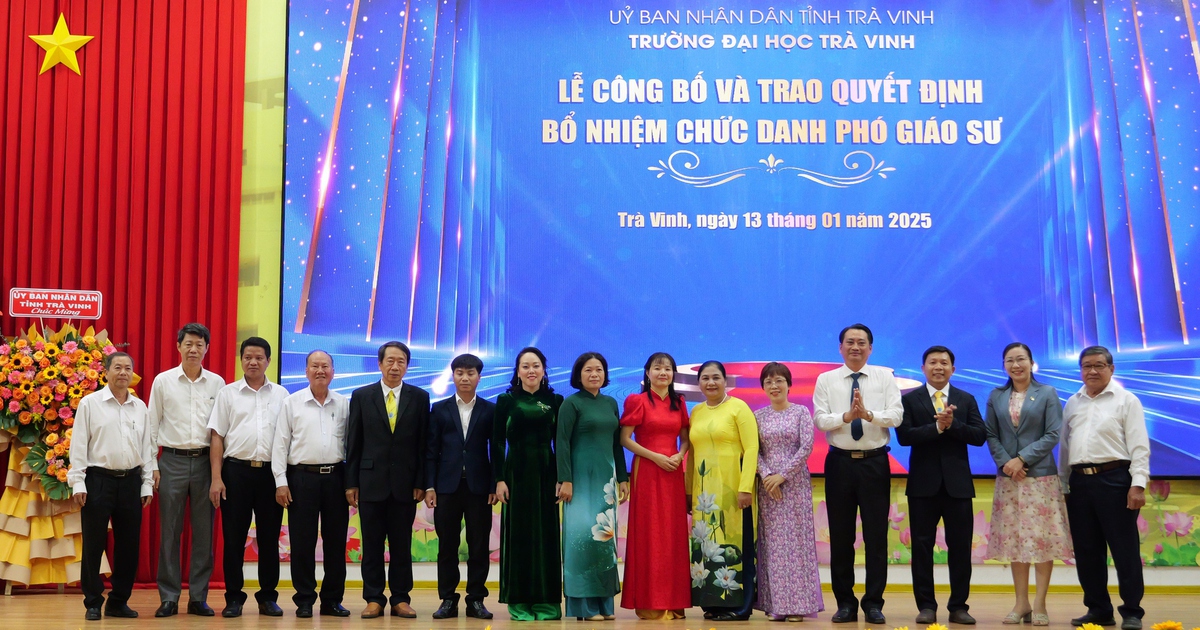




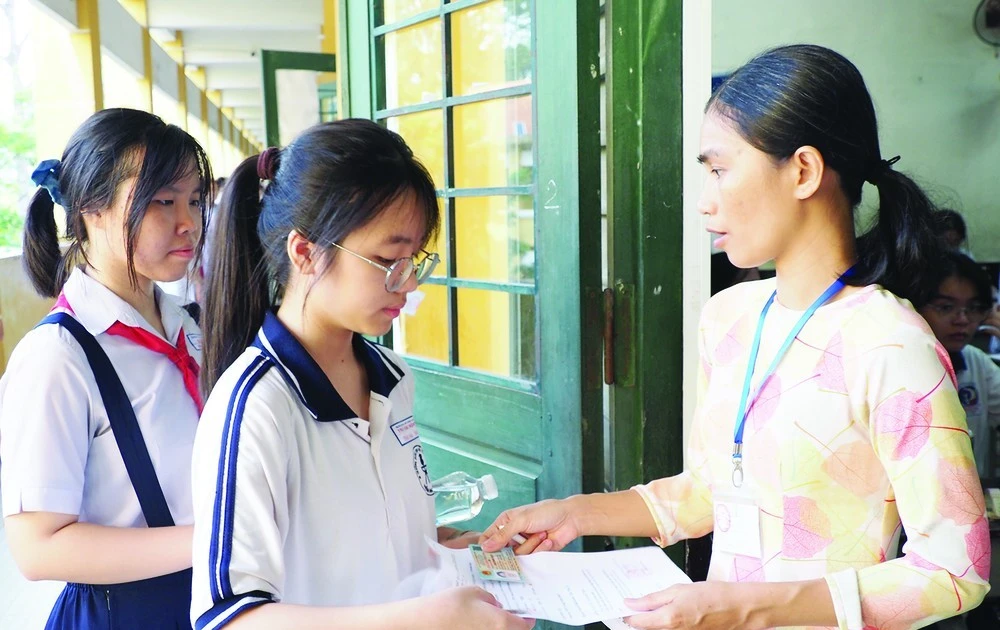


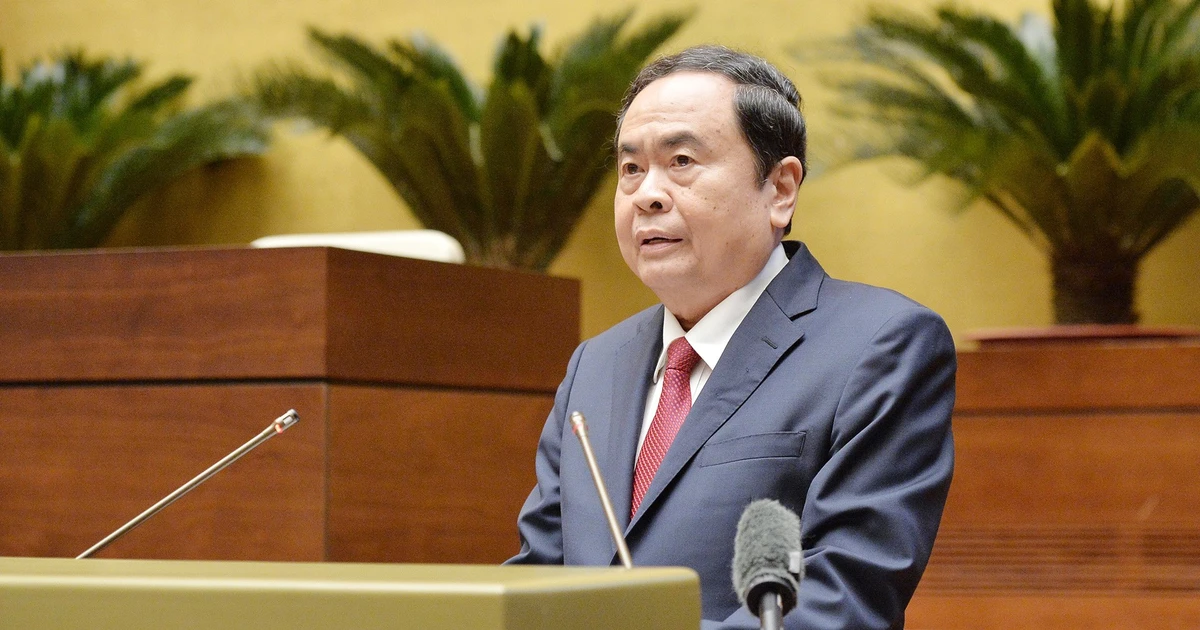






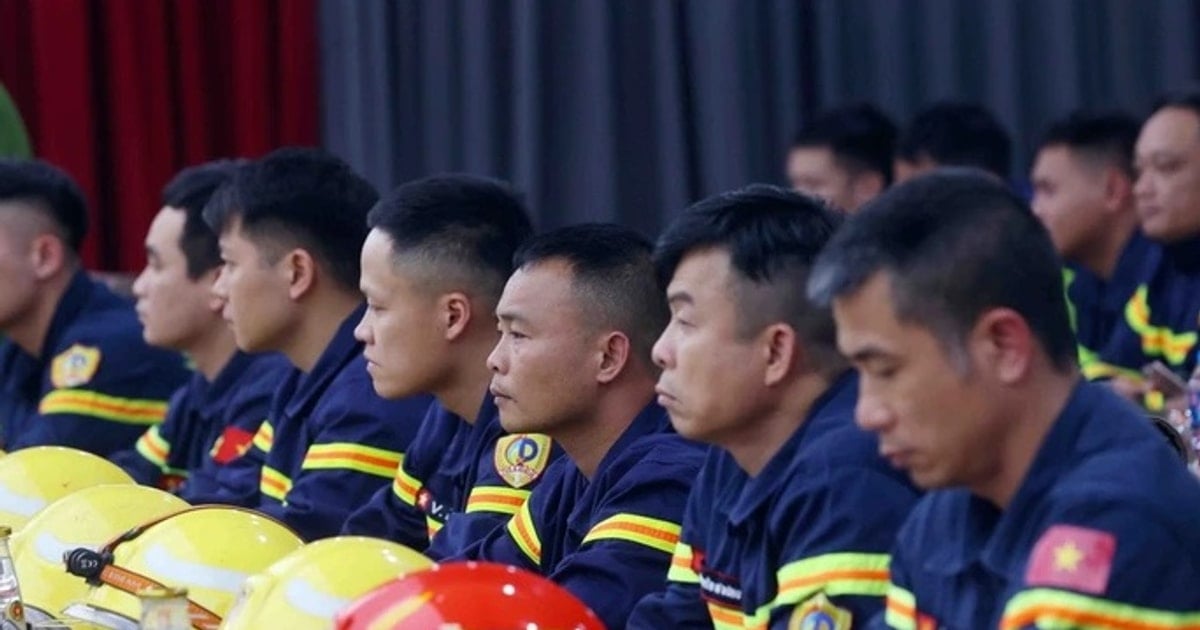
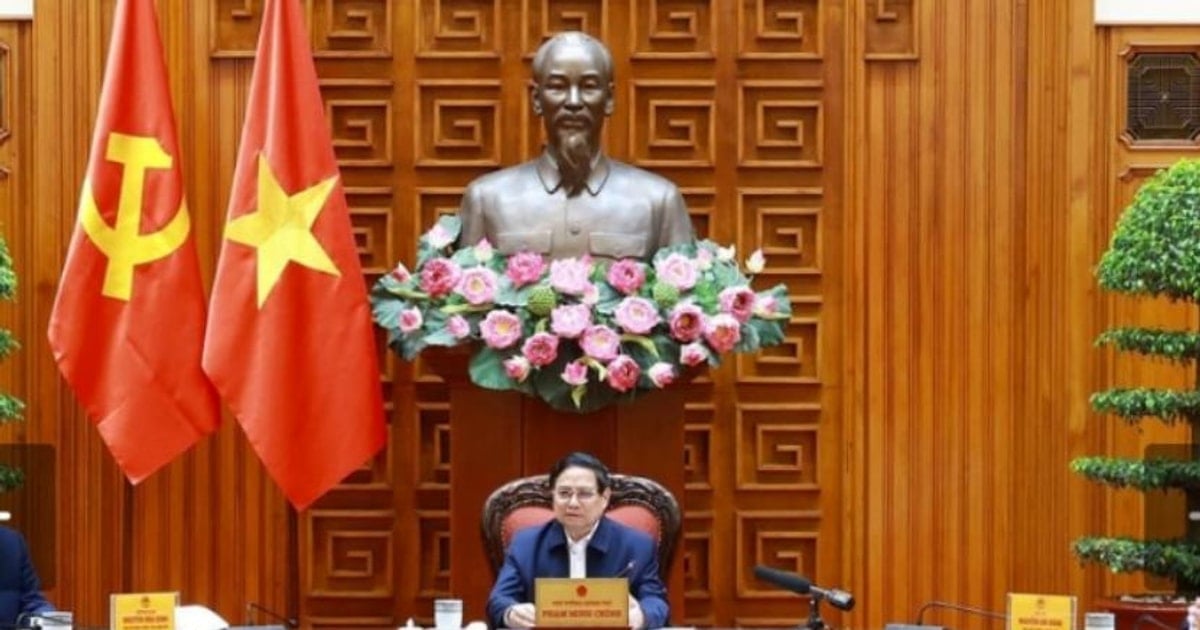
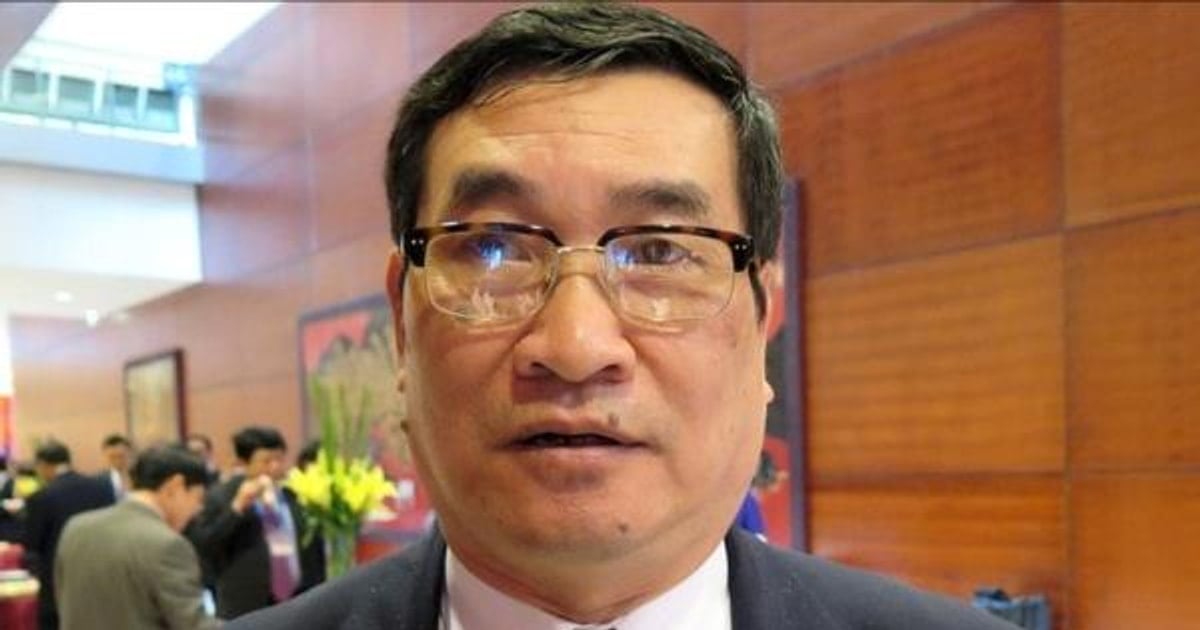
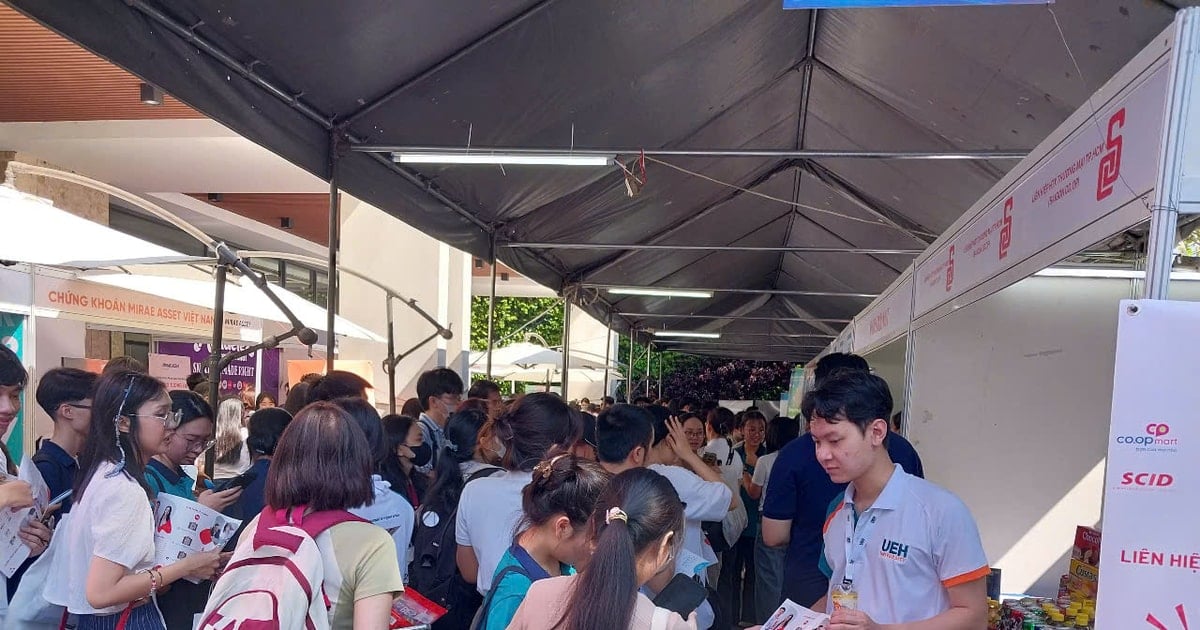
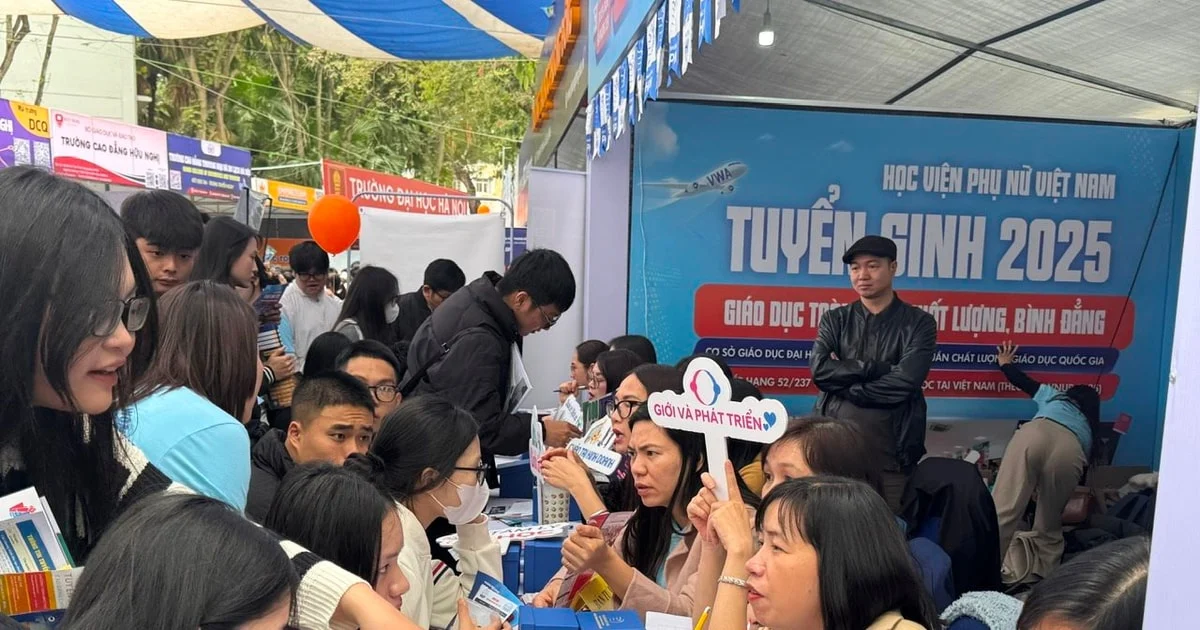

![[Photo] Opening of the National Conference to disseminate and implement the Resolution of the 11th Central Conference](https://vstatic.vietnam.vn/vietnam/resource/IMAGE/2025/4/16/e19da044c71d4330b6a03f49adcdb4f7)

















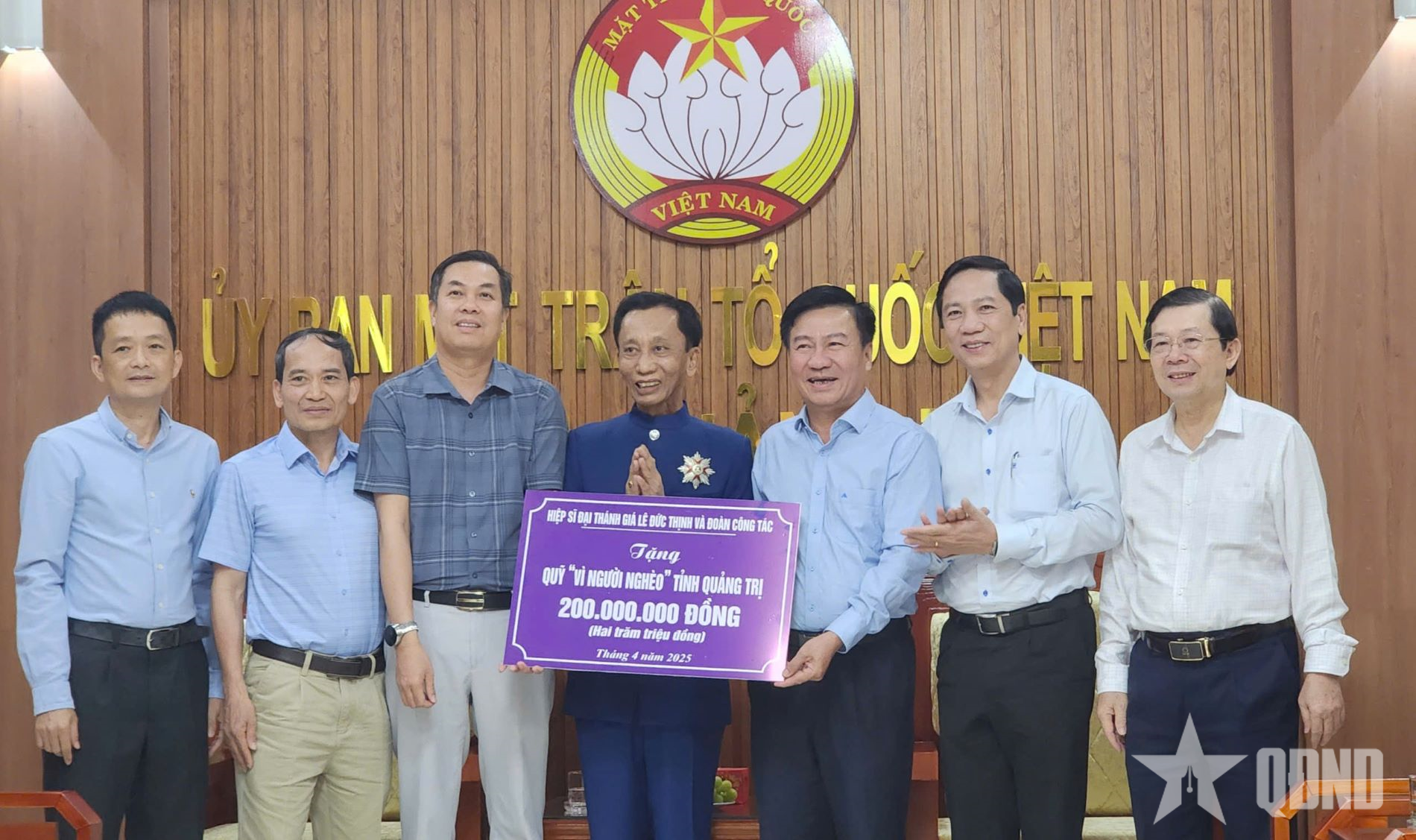

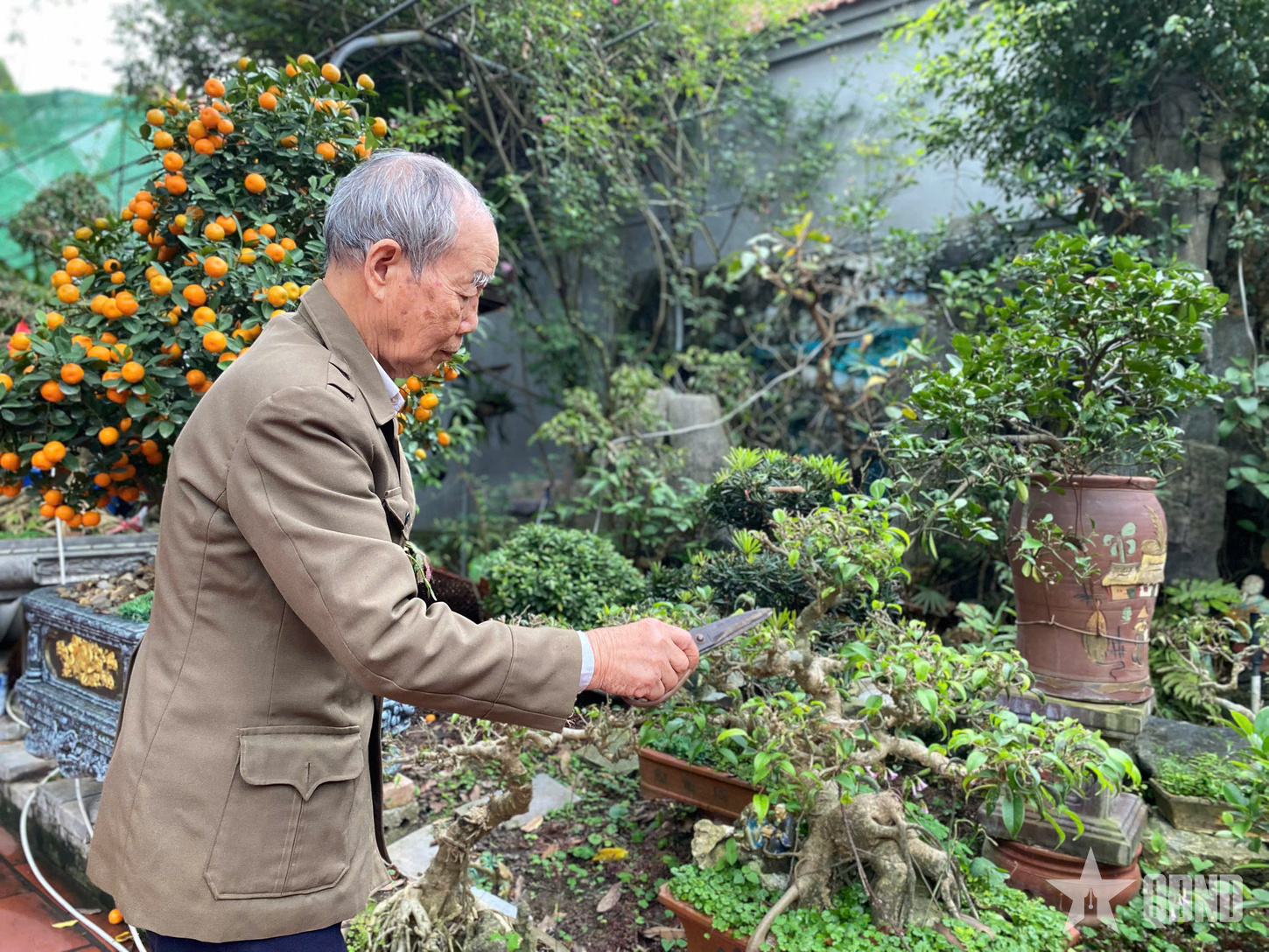






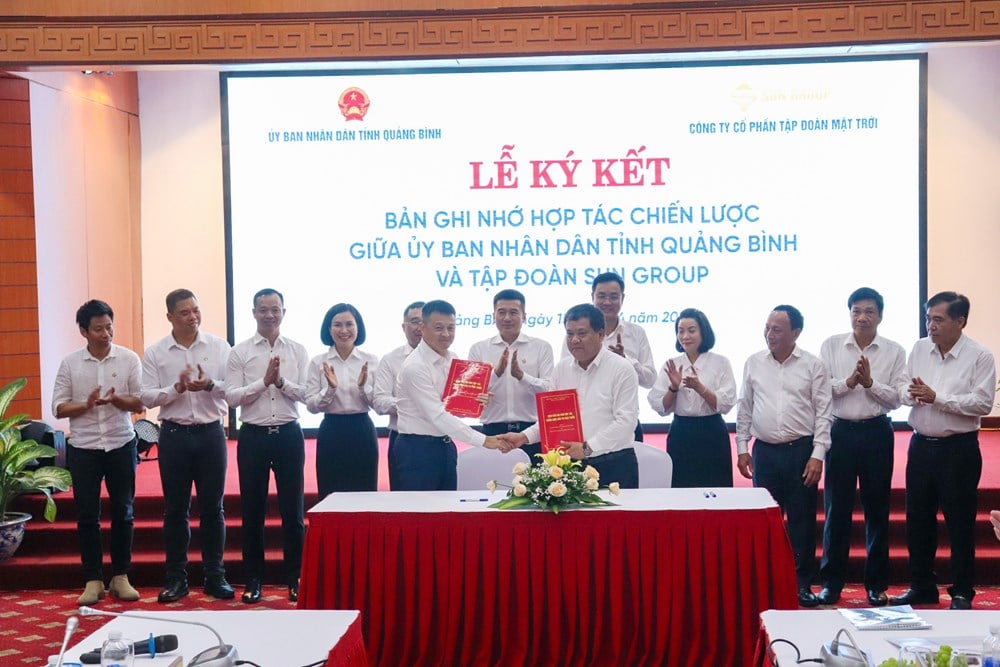











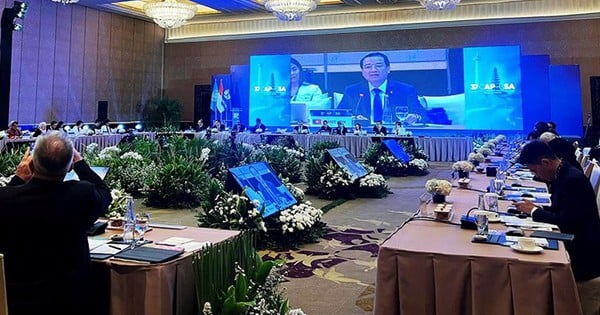



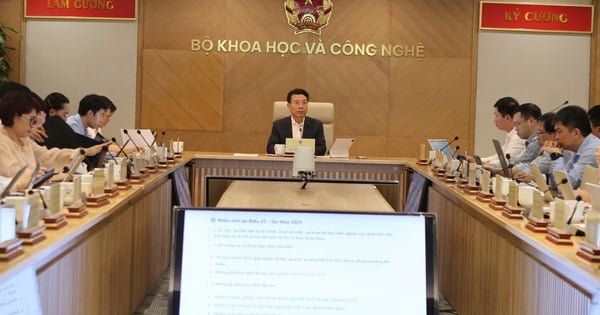


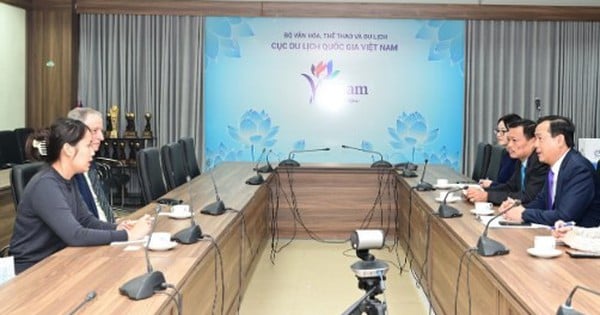





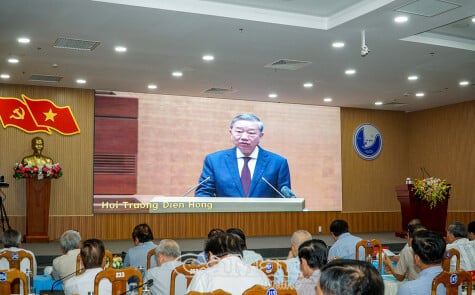

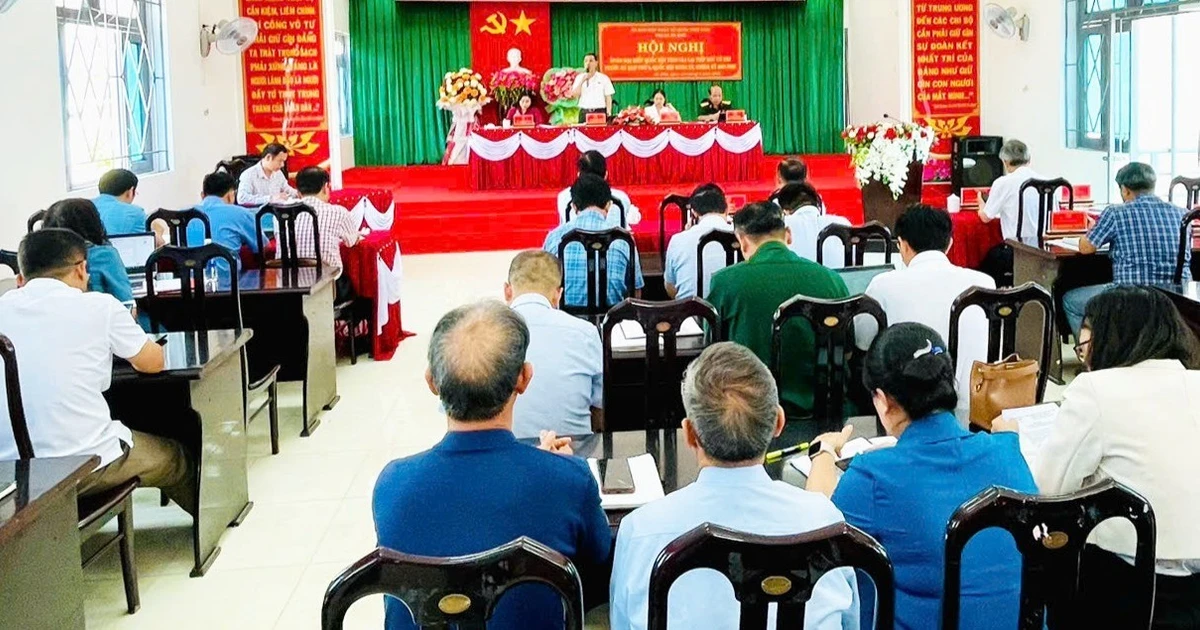



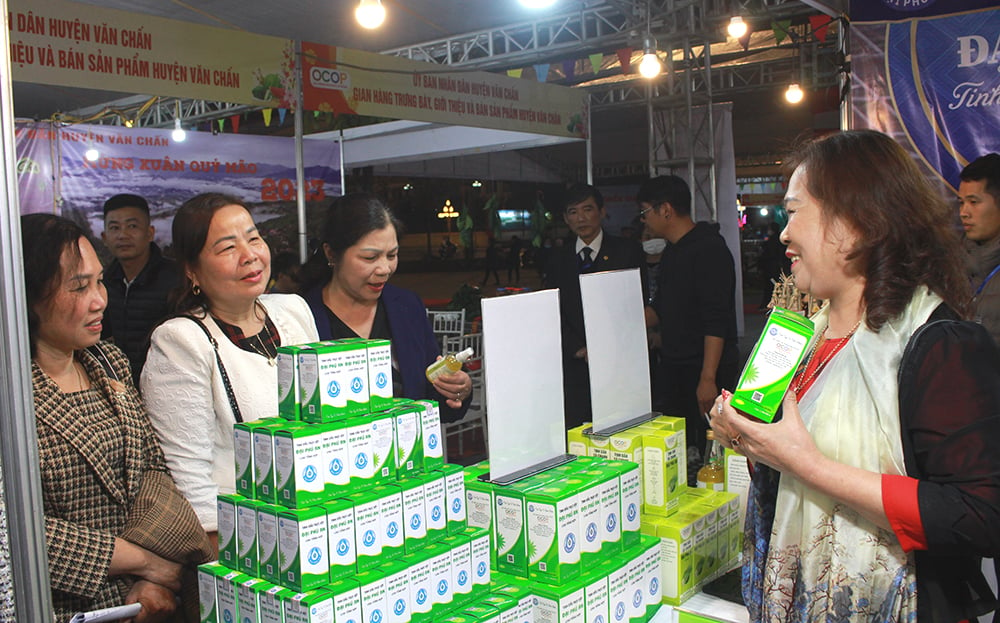

![[Photo] The capital of Binh Phuoc province enters the political season](https://vstatic.vietnam.vn/vietnam/resource/IMAGE/2025/4/16/c91c1540a5744f1a80970655929f4596)
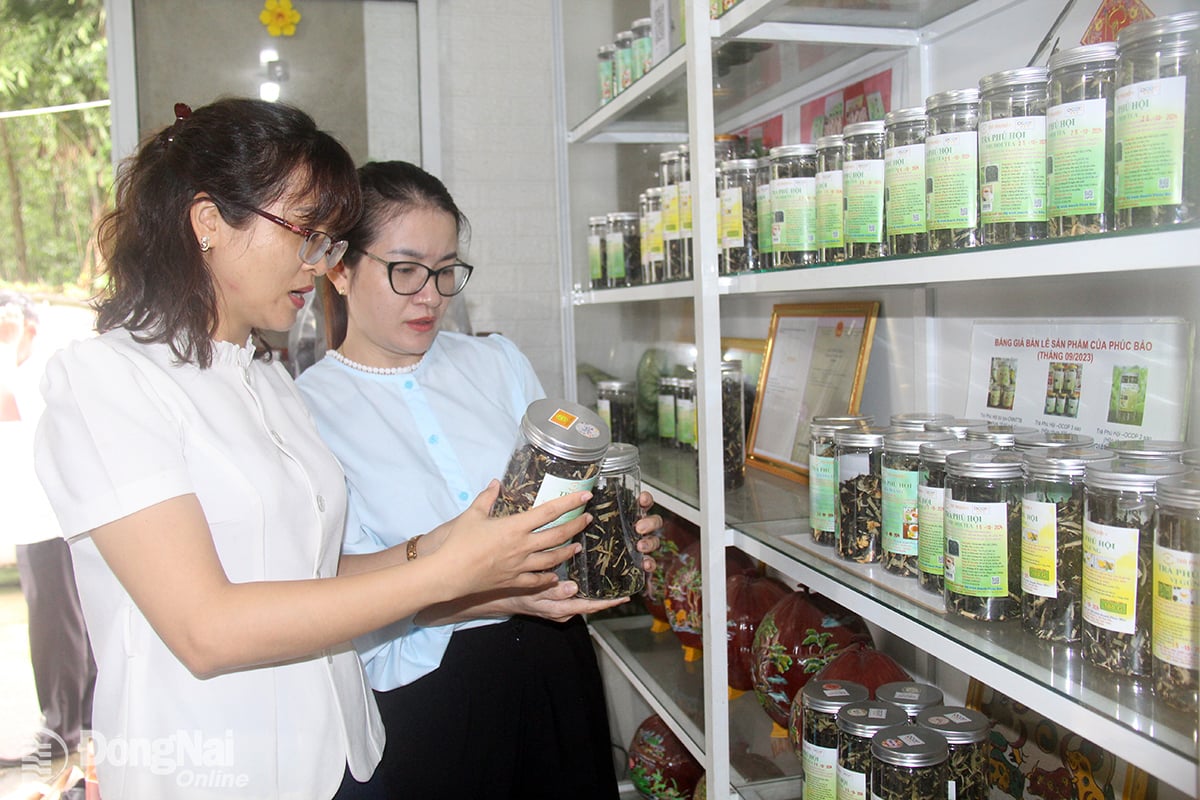

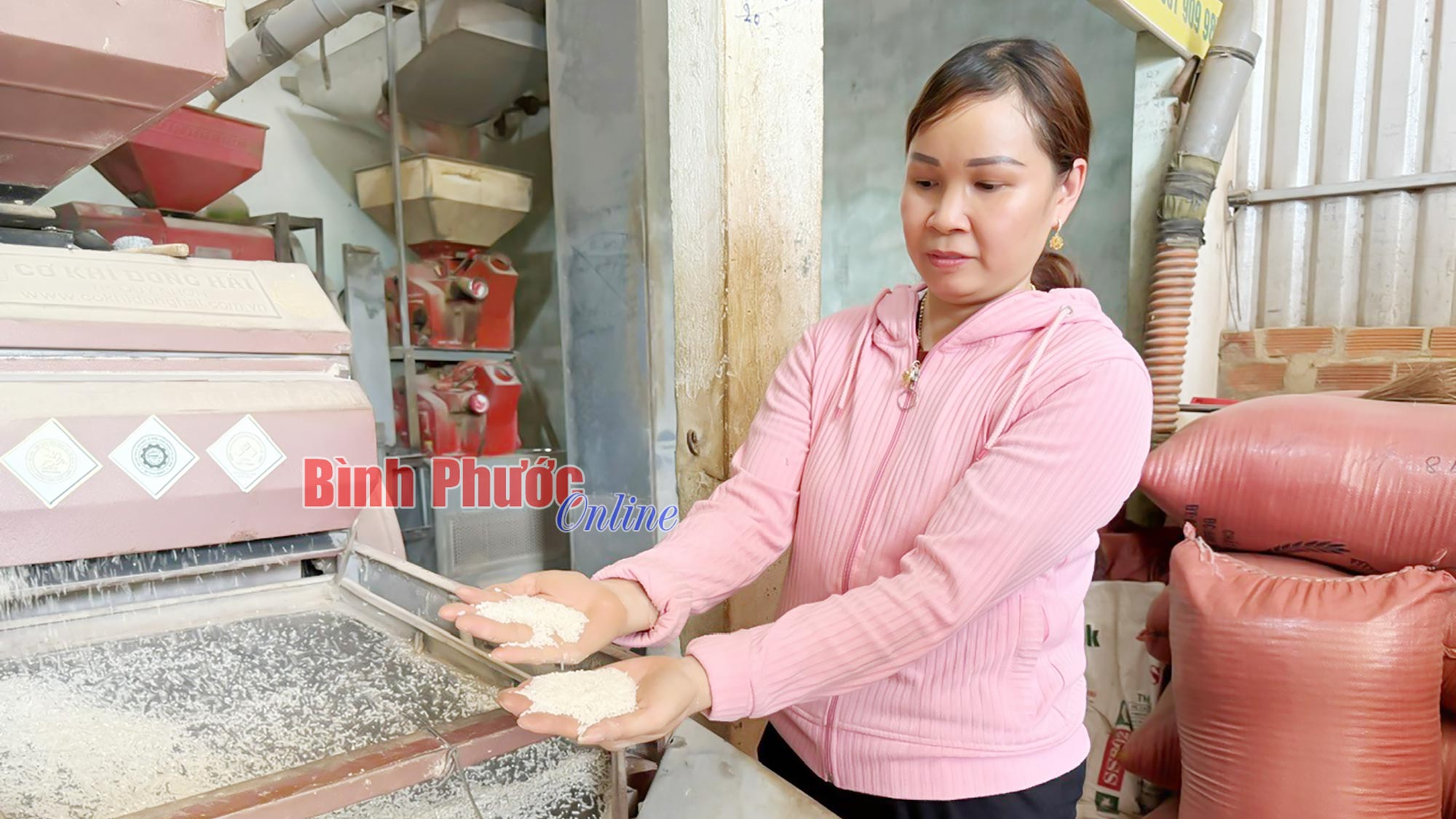
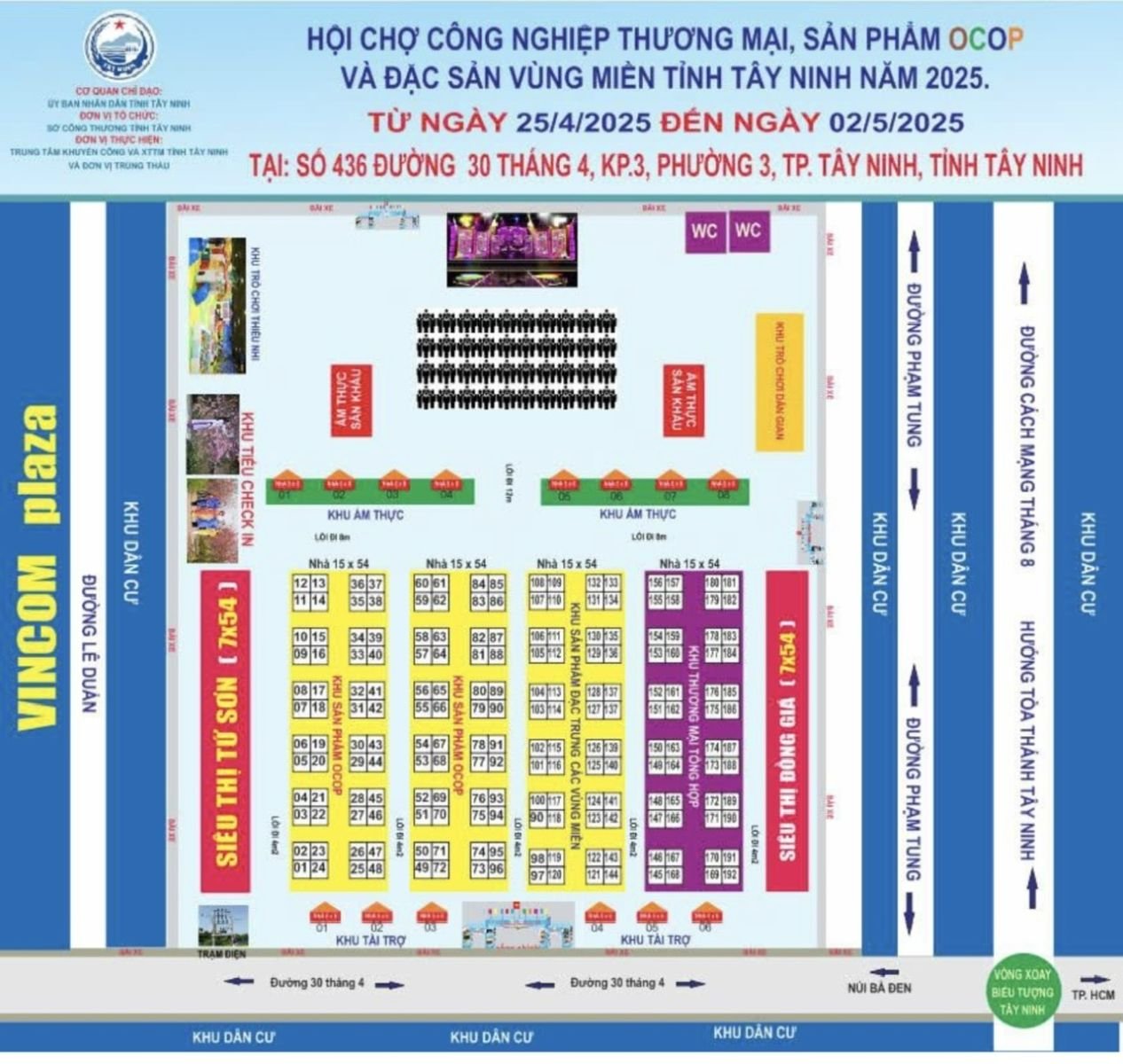

Comment (0)